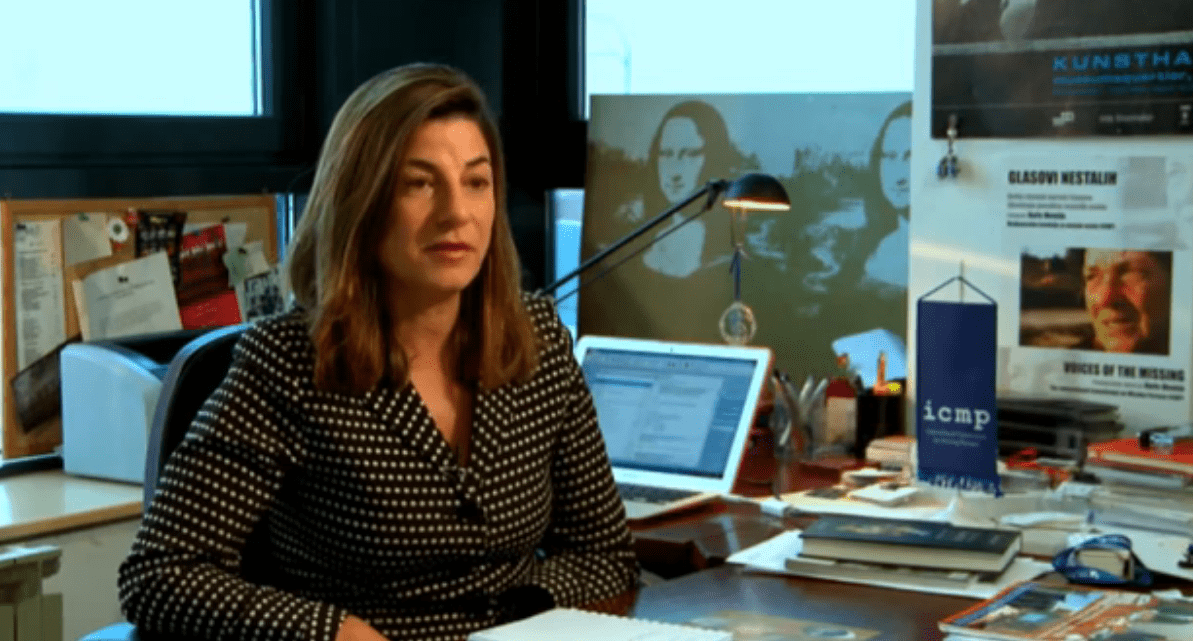This post is also available in: Bosnian
The workshop on “Transparency of Judicial Institutions and Responsibility of the Media”, which was held on November 24, was attended by representatives of the media and District Court from Banja Luka. The workshop participants focused on public information practices and problems facing journalists.
Goran Obradovic, journalist of “Glas Srpske” newspaper, said that he received the requested information from judicial institutions.
The Internet page of the District Court in Banja Luka contains reports from trials and verdict pronouncements, as well as other news related to court proceedings. However, the page does not contain complete verdicts.
Jelena Markovic-Popovic, Spokesperson of the District Court in Banja Luka, said that anonymized forms of verdicts could be obtained on request.
According to the Guidelines for publishing prosecutorial and court acts on Internet pages, which were prepared by the High Judicial and Prosecutorial Council of BiH, war-crime verdicts can be published without having to mention indictees’ initials or anonymise other personal names.
These Guidelines are not obligatory. Popovic-Markovic said that the Banja Luka District Court would follow the practices by other courts when it came to publishing verdicts on Internet pages without anonymising them.
The journalists said that, as far as the District Court in Banja Luka was concerned, there was a big problem with taking photographs in courtrooms, but it was allowed to make video recordings of hearings. Also, they pointed out that the timetable of hearings, which was published on the Internet, was not helpful, because one had to know the name of a certain case in order to be able to find out the date on which the hearing in that case would be held. They said that information about hearings could be obtained on request.
As they said, they would find it useful to get announcements from the Banja Luka District Court on plea hearings, the beginning of trials, closing statements or pronouncement of verdicts. Markovic-Popovic said that she would try to provide those pieces of information to journalists.
Another problem mentioned by the journalists was the fact that the Trial Chamber of the Banja Luka District Court recently rendered a decision, in a criminal case, prohibiting the media from quoting an unprotected witness’ testimony and ordering it to paraphrase it, so that other witnesses would not be influenced by it.
According to the journalists, such decision affected the quality of their trial reports. They said that they were particularly concerned with the fact that this might become a common practice.
When it comes to information sharing by the District Prosecution of Banja Luka, Markovic-Popovic conveyed an information note Maja Djakovic-Vidovic of the Banja Luka District Prosecution, saying that the mentioned institution had accepted the Guidelines.
The journalists pointed out that they regularly received announcements from the District Prosecution in Banja Lyka, which recently changed its previous practices and began uploading indictments on its webpage without anonymising them.
Speaking about the work of the Supreme Court of Republika Srpska, RS, whose representatives did not attend the Workshop, the journalists said that its webpage contained the schedule of hearings only, while the rest of the information could be obtained on request.
Journalist Obradovic said that the Supreme Court of RS allowed journalists to take photographs and video recordings at hearings.
The Workshop participants also discussed the responsibility of the media. Markovic-Popovic pointed out that the journalists who did not usually follow the work of judicial institutions, made mistakes.
